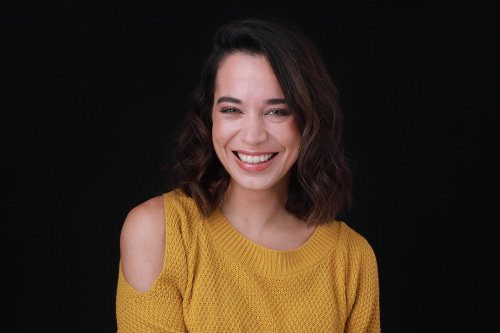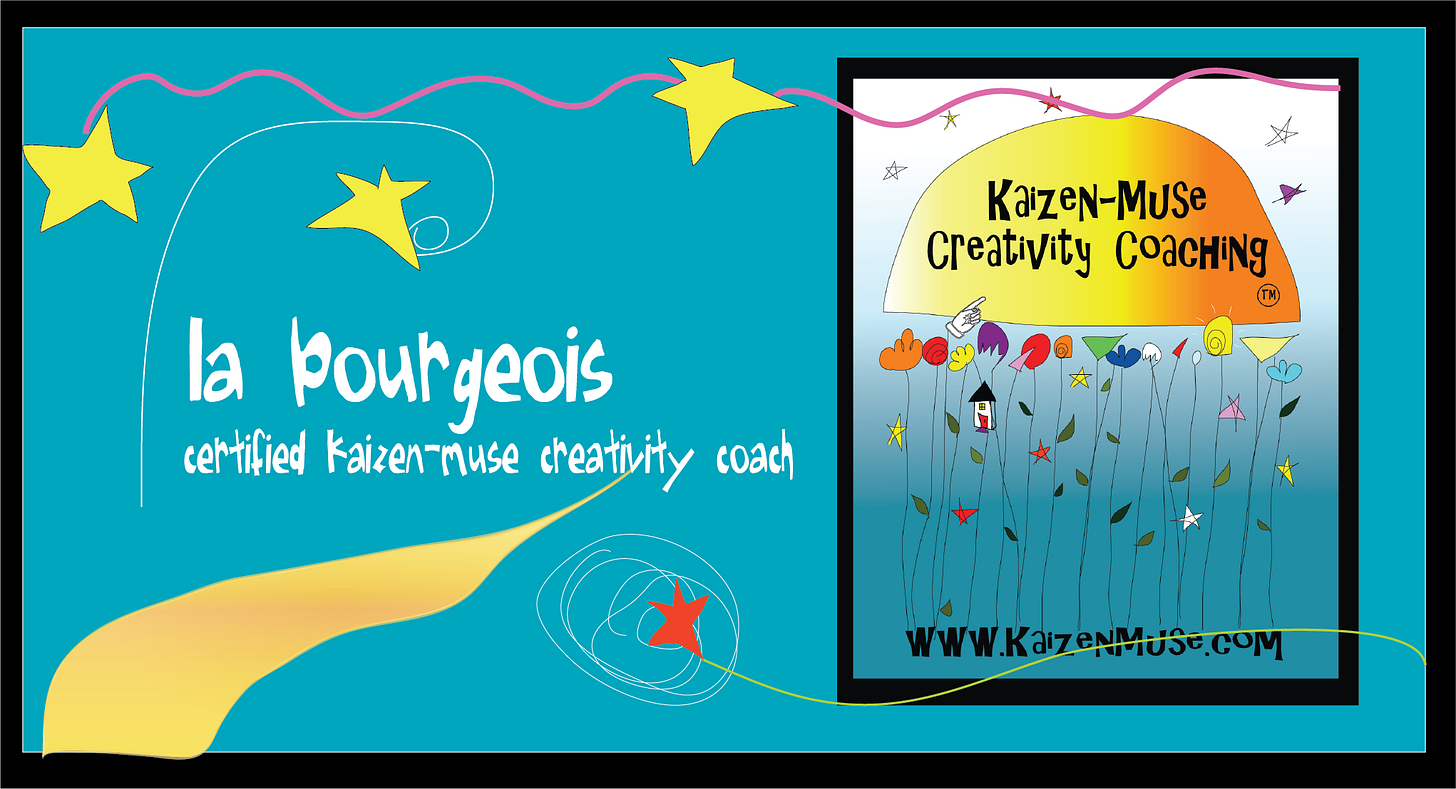As a child, Anne-Laure Le Cunff, author of Tiny Experiments and founder of Ness Labs, dreamed of a life filled with curiosity and adventure. “I wanted to be so many things: a paleontologist, a fantasy writer, a veterinarian, a politician,” she said. “I even imagined doing steeplechase.”
That theme carries through Tiny Experiments as Le Cunff encourages the reader to set aside the idea of linear goals and instead focus on growth loops, creating experiments from our curiosities whose results can be tracked and used to form the next steps. As she says, “We don’t go in circles; we grow in circles.”
The process begins by creating a pact, a simple phrase that states “I will [action] for [duration].” By keeping the stakes small, a person frees themselves to learn more about their project and make progress through completing this one experiment. “It gives you the confidence to get started because there is no bad result or wrong choice,” Le Cunff says. “You just need to show up.”
The evaluation process is as important as the pact itself. Le Cunff suggests alternatives to many of the tools traditionally used to track progress. For example, she reveals the fallacy of the pros-and-cons list in a surprising way, saying, “Such lists can provide plausible-sounding but hollow reasons to pursue choices that do not reflect your authentic needs and desires.” Instead, she recommends practicing decision framing, which widens the view to consider both external information (practical limitations such as cost and available time) and internal instincts (beliefs, emotions, and motivations) to inform the final choice. When all of these factors are considered, your resulting decision comes from a clearer mind and will result in mindful momentum.
This book describes a process that is easy to follow with tools that make your experiments repeatable. And the best part is that your focus remains on your actions instead of outside metrics to evaluate. For example, instead of choosing a pact like “I will sell 50 copies of my book each week for twelve weeks,” she encourages you to select a pact that emphasizes your action like “I will write one social media post a day for a month.” Because of this, you are released from the tyranny of external “success” and can rely upon yourself to produce the intended result. As such, every completed tiny experiment is a closed loop, a project that you can point to and say, “Finished!”
As Le Cunff says, “Success is the lifelong experiment of discovering what makes you feel most alive.” By following the techniques and tools described in Tiny Experiments, you may find yourself surprised at exactly what that thing that makes you feel the most alive turns out to be.
In an interview with the Thriving Creative, Le Cunff shared her inspiration for Tiny Experiments, the most effective tool in the book, and what being a thriving creative means to her.
What specific event prompted you to begin Ness Labs?
I hit a point in my career where I felt completely lost. So I went back to the drawing board and asked myself: What am I genuinely curious about? I had always been fascinated by the brain and how we think, feel, and experience the world, so I decided to retrain as a neuroscientist. To make sense of what I was learning, I started a weekly newsletter. That newsletter became the seed that grew into Ness Labs: a learning community, a series of courses, and a book.
How did you decide to focus on tiny experiments for this book?
As I reflected on all the research, writing, teaching I’d done, I noticed a unifying thread: the value of trying things out and learning from them. The idea of experimentation kept surfacing. Tiny experiments take the pressure off while encouraging sense-making. That’s how the concept emerged as the heart of the book: a more liberating approach to ambition and personal growth.
Many of my readers struggle with uncertainty. What do you consider the magic of the liminal space?
Liminal spaces are deeply uncomfortable, so we normally want out as fast as possible. But they’re also where the most profound growth can happen. If we can resist the urge to escape and instead stay with the uncertainty, we open ourselves to transformation. These in-between moments, though unclear, can become powerful turning points if we let them.
Which tool from Tiny Experiments do you consider the most powerful, and why?
The most powerful tool is the Plus Minus Next review. It’s simple, but transformative. You look at what worked (+), what didn’t (–), and what you want to try next (→). It helps you celebrate wins, face failures with self-compassion, and maintain momentum, creating ongoing cycles of learning and iteration which I call growth loops.
How do you define a Thriving Creative?
Someone who’s always willing to experiment, learn from each trial, and iterate. Not with the certainty of knowing what success will look like, but with the confidence that they’ll figure out their own version of success.
Thank you, Anne-Laure Le Cunff, for sharing your wisdom with us!
If you haven’t read Tiny Experiments: How to Live Freely in a Goal-Obsessed World, pick up a copy at your library, local bookstore, or online. Have fun being a scientist!
Our next read for the Thriving Creative is perfect for the height of summer! How to Do Nothing by Jenny Odell encourages us to drop out of the attention economy and start paying a new kind of attention, one that allows us to create more meaningful understandings of happiness and progress. Find a copy at your favorite indie bookshop, at the library, or online, and join us to read How to Do Nothing. See you at the park (or the beach or beside the pool)!
I’m LA (as in tra-la-la) Bourgeois, a writer and KMCC-certified creativity coach empowering you to think differently and unlock your creativity to do whatever you want to do!
Together, we’ll overcome obstacles, disarm fear and overwhelm, and free you from perfectionism and procrastination. Whether you’re looking to deepen your relationship with your patrons, create your bucket-list project, or ignite the passion for creativity again, let’s confront your obstacles together.
Click here to explore coaching options or contact me at la@labourgeois.biz to ask questions and schedule an exploratory call.




I’m so thrilled - someone just gifted me this book. I’m even more excited to read it now!